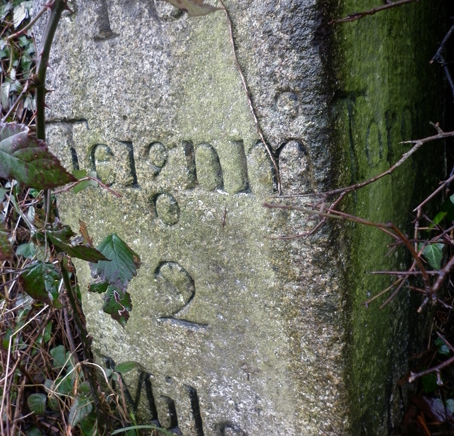New powers are being called for by councils to tackle car litter louts, who are dropping rubbish onto roads.
Local authorities outside London are powerless in fining such litterers because as the law stands they must positively identify who has thrown the litter, which is hugely difficult. The Local Government Association (LGA), which represents over 400 councils in England and Wales, is calling for that legal loophole to be closed, giving them the power to fine the owner of the vehicle – regardless of who threw the trash.
This would involve the Government introducing new regulations to bring the rest of the country in line with the capital, where vehicle owners can be fined. According to the LGA councils are doing what they can to tackle road rubbish – but it is difficult, dangerous and expensive to clear up. About 80 tonnes of car litter were collected from just 18 miles of ‘A’ roads in idyllic North Hertfordshire countryside during an annual clear-up. That huge haul is the equivalent of 3,200 wheelie bins or 10,000 sacks of waste.
Meanwhile, council workers recently recovered 20 tonnes of rubbish, including plastic bottles, drink cans and cigarettes – along just a 16-mile stretch of the A42 in Leicestershire. And in Dorset, it took the local authority team five nights to clean a five-mile section of the A338, during which they collected nearly two tonnes of rubbish, costing taxpayers £10,000.
LGA Environment spokesman Peter Box said: “Road litter is a huge and spiralling problem which is threatening to overwhelm some of the nation’s roads. It is difficult – and dangerous – for councils to clear up. The litter louts who blight our roads and cost council taxpayers millions in clean-up costs are currently getting away scot free thanks to a legal loophole. It’s time for the lazy, selfish people who toss rubbish from moving cars learn this behaviour is simply unacceptable.
“We are calling on the Government to urgently give councils the appropriate powers to tackle this issue head-on.”
Case studies
About 80 tonnes of vehicle rubbish were collected from North Herts countryside. (About 40 per cent of the 206 figure was vehicle litter, the rest industrial waste)
Council workers have recovered 20 tonnes of litter dumped along a 16-mile stretch of Leicestershire road
In Dorset, it took the local authority team five nights to clean a five mile section of the A338, during which they collected nearly two tonnes of rubbish.
The law
Under the Environmental Protection Act (1990), councils need to prove which person in the vehicle threw the litter – something that is mostly impossible. The Anti-social Behaviour, Crime and Policing Act (2014) introduced a new civil offence of littering from a vehicle. This would mean councils could issue fines to the registered owners of vehicles, which is what happens when vehicles are caught speeding or are parked in the wrong place. However, the Government still has to introduce new regulations to enact this section of legislation, allowing councils to act, the LGA adds.









